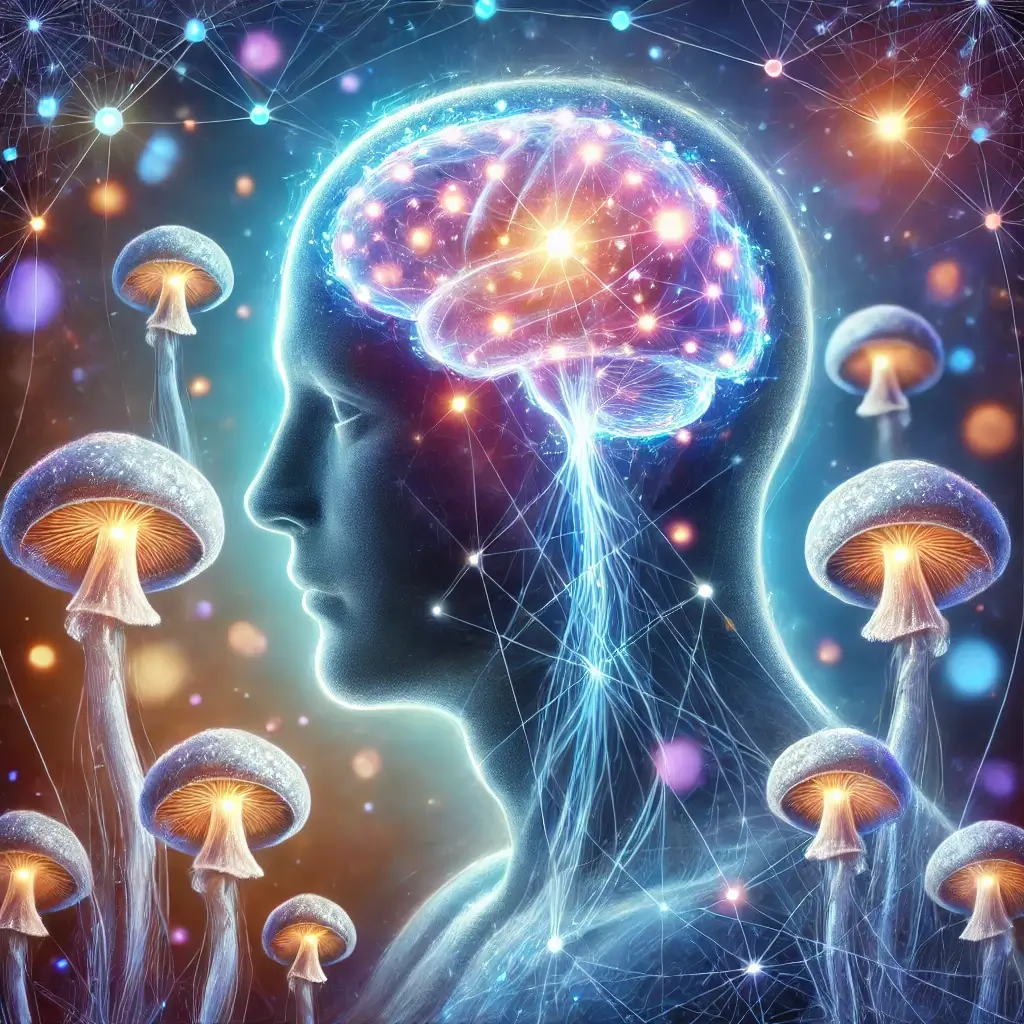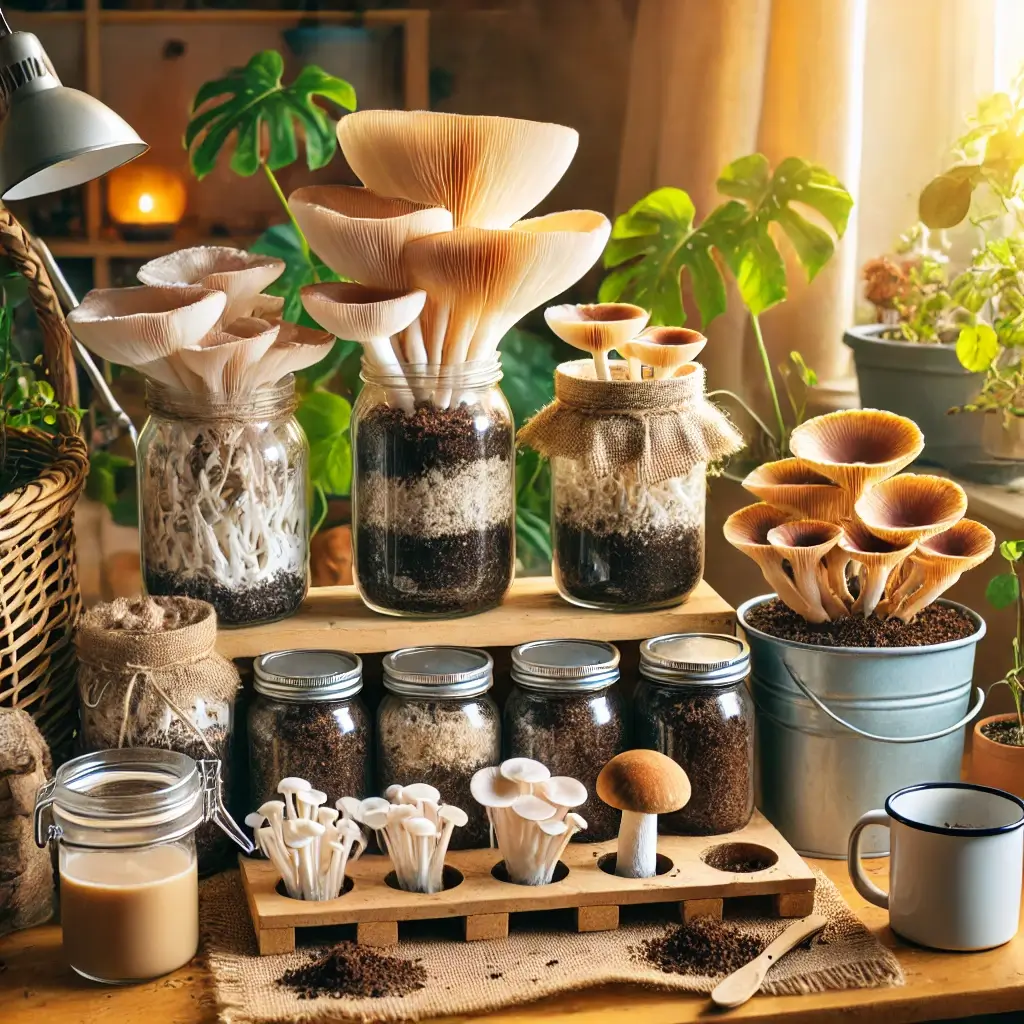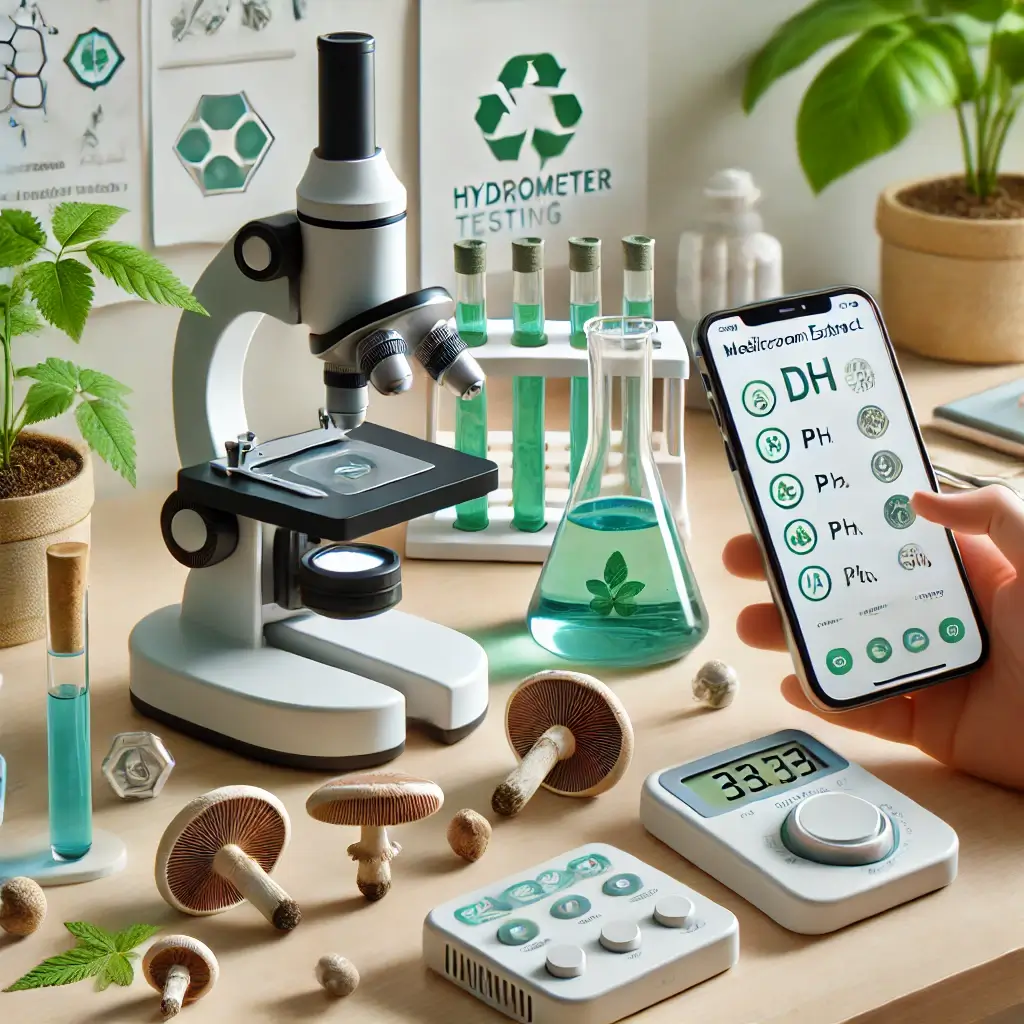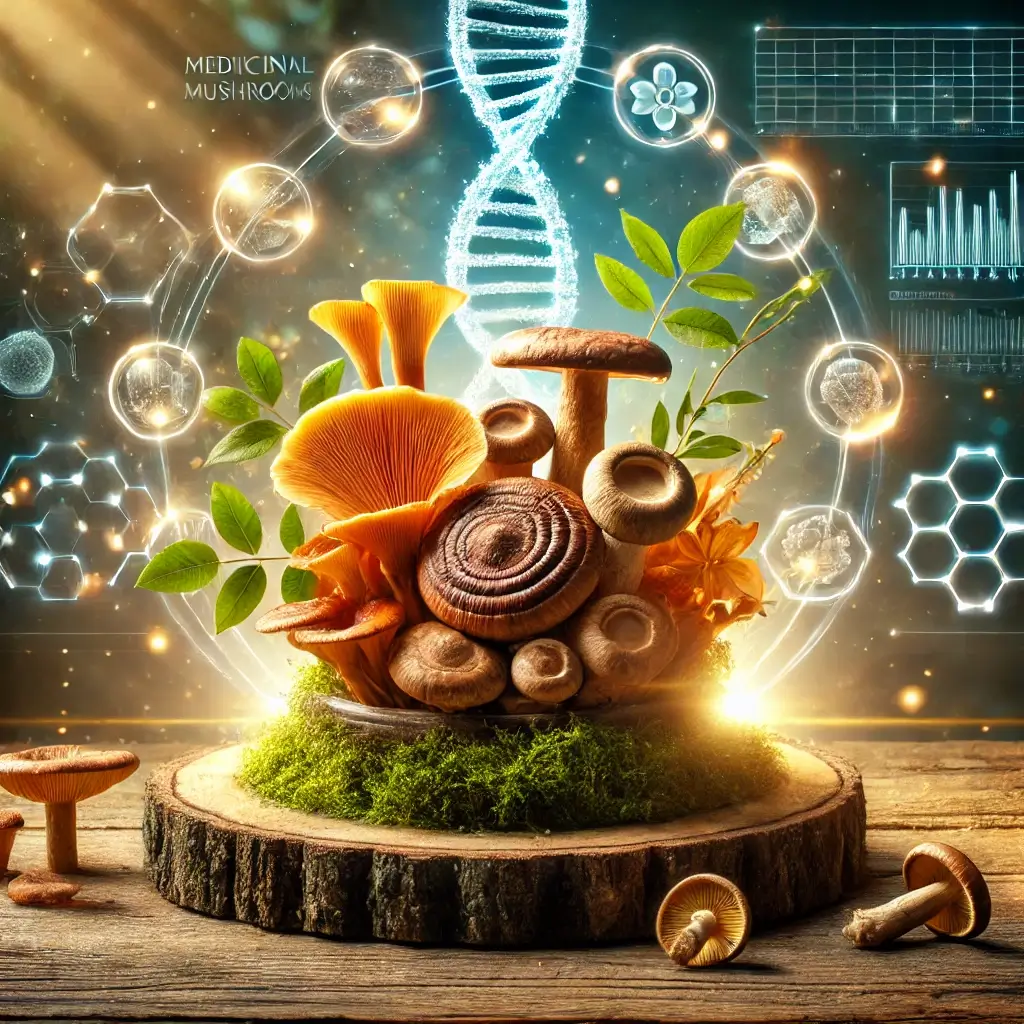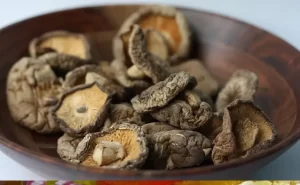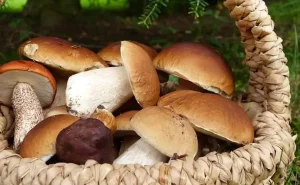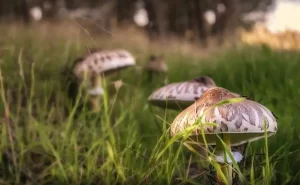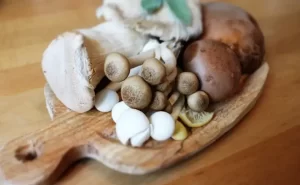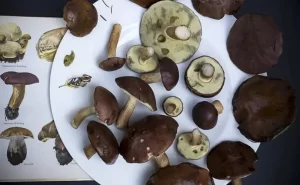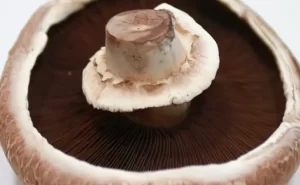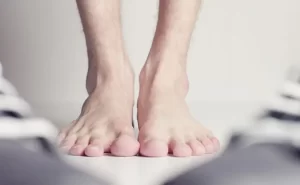Psilocybin Shows Remarkable Efficacy in Treating Major Depression: New Clinical Evidence
Unlocking Nature’s Antidepressant: The Magic Mushroom Compound
The active compound in magic mushrooms, psilocybin, is a promising new treatment for major depressive disorder (MDD). Several studies have shown that psilocybin-assisted therapy can reduce depressive symptoms quickly and sustainably.
Groundbreaking Research Shows Rapid Relief from a Single Dose
Researchers discovered that a single dose of psilocybin combined with psychological support was more effective than a placebo in reducing depressive symptoms in patients with MDD in one study published in the journal JAMA Psychiatry in 2018. Psilocybin’s effects lasted for up to 6 weeks after treatment.
Outperforming Traditional Antidepressants in Treatment-Resistant Cases
Another study published in the journal Nature Medicine in 2021 discovered that psilocybin-assisted therapy was more effective than a standard antidepressant in reducing depressive symptoms in MDD patients who had not responded to other treatments. The effects of psilocybin lasted up to a year after treatment.
Rewiring the Brain: How Psilocybin Transforms Neural Connections
It is thought that psilocybin works by increasing neuroplasticity, or the brain’s ability to change and adapt. This can result in the formation of new neural connections and pathways, which can help to improve mood and alleviate depressive symptoms.
The Science of Neural Adaptation and Mental Health
According to research, psilocybin increases neuroplasticity, or the brain’s ability to change and adapt in response to experiences and environmental stimuli. Psilocybin, in particular, may promote the formation of new neural connections, or synapses, and the formation of new pathways in the brain.
Beyond Depression: The Wider Mental Health Benefits
These changes in neural activity can have a wide range of beneficial effects on mood and mental health. Psilocybin, for example, has been shown to alleviate symptoms of depression, anxiety, and post-traumatic stress disorder (PTSD) in some people. It may also boost feelings of happiness, creativity, and openness to new experiences.
Important Cautions and Professional Guidance
It should be noted that psilocybin is not a panacea for mental health issues and should only be used under the supervision of a trained healthcare professional. Furthermore, more research is required to fully comprehend the potential benefits and risks of this substance. Nonetheless, the growing interest in psilocybin as a therapeutic tool emphasizes the need for novel and creative approaches to mental health treatment.
The Therapeutic Process: What to Expect in Clinical Settings
Psilocybin-assisted therapy is typically administered in a clinical setting by trained therapists. Patients receive a single psilocybin dose and are then monitored for several hours. During this time, therapists offer support and guidance to patients as they integrate their psychedelic experience.
The Future of Depression Treatment: Hope on the Horizon
Psilocybin-assisted therapy is still being studied, but preliminary findings indicate that it is a promising new treatment for MDD. More research is needed to confirm psilocybin-assisted therapy’s long-term safety and efficacy, but it has the potential to revolutionize the treatment of MDD.
Navigating Legal Status and FDA Breakthrough Designation
It is important to note that in the United States, psilocybin is classified as a Schedule I drug, which means it has a high potential for abuse and no accepted medical use. However, the Food and Drug Administration (FDA) has designated psilocybin as a Breakthrough Therapy, which means that the development and review process may be accelerated.
Taking the Next Steps: Finding Clinical Trials and Treatment Programs
Consult your doctor if you are interested in psilocybin-assisted therapy. They can assist you in determining your eligibility and locating a clinical trial or treatment program.
References
1. Davis AK, Barrett FS, May DG, et al. Effects of Psilocybin-Assisted Therapy on Major Depressive Disorder: A Randomized Clinical Trial. JAMA Psychiatry. 2018.
2. Carhart-Harris R, Giribaldi B, Watts R, et al. Trial of Psilocybin versus Escitalopram for Depression. Nature Medicine. 2021.
3. Vollenweider FX, Preller KH. Psychedelic drugs: neurobiology and potential for treatment of psychiatric disorders. Nature Reviews Neuroscience. 2020.
4. Nutt D, Carhart-Harris R. The Current Status of Psychedelics in Psychiatry. JAMA Psychiatry. 2021.
